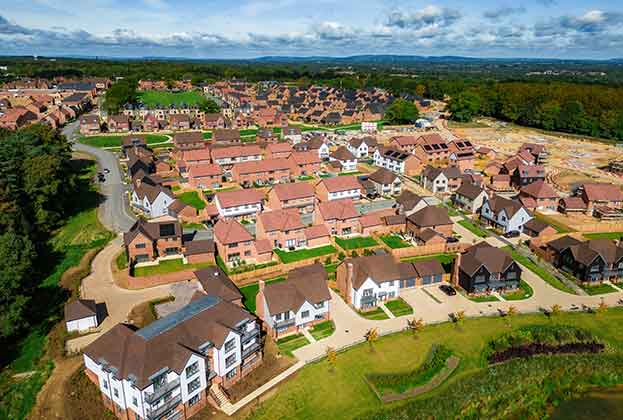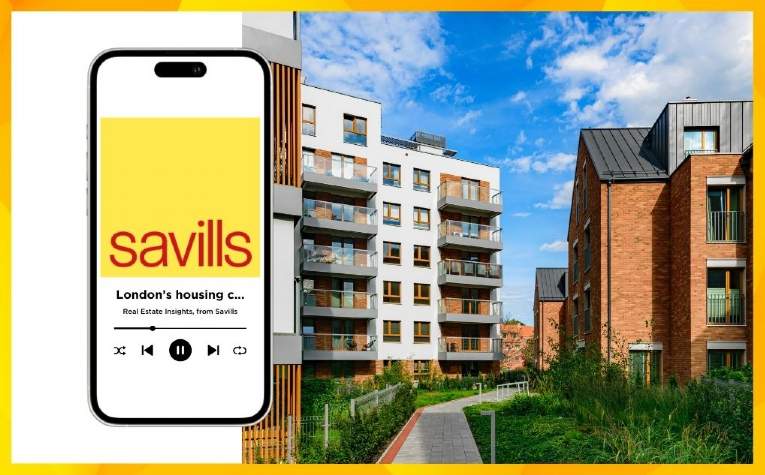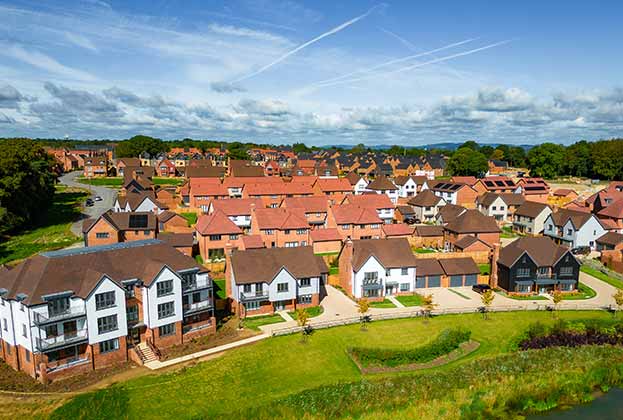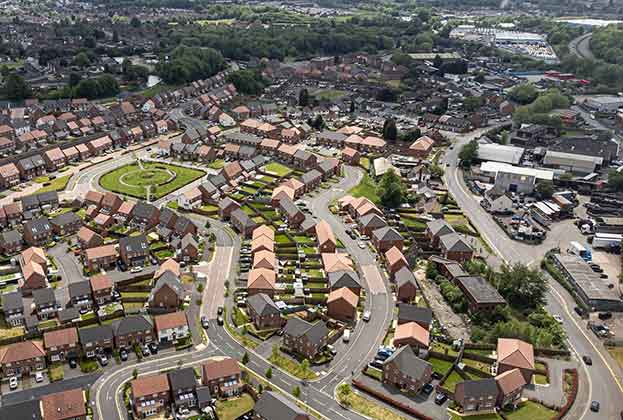In May 2022, the Labour Party took control of Westminster City Council for the first time. The Party’s election manifesto for the city sought to ‘build a fairer Westminster’ for all. A key pillar of the manifesto was Labour’s aim to deliver 'a green new deal', underpinned by a series of proposals intended to drive a concerted step-change in tackling the climate emergency.
In particular, several proposals championed the opportunities for retrofitting existing built development, and how such considerations should form an integral part of future redevelopment in the city. The manifesto was clear in that 'demolition will no longer be the first or only option for regeneration schemes' with a retrofit-first policy proposed, strongly indicating the direction of the council’s agenda on the built environment.
Since the Savills article of July 2022, considering the emerging debate on embodied carbon, Labour’s sustainability agenda for Westminster in particular has readily translated into practice, carrying on at pace in recent months with the launch of the Fairer Westminster Strategy in October 2022, outlining the Council’s target to become a net zero city by 2040.
On 15 November 2022 Westminster City Council and the Westminster Property Association launched London’s first Sustainable City Charter. The Charter intends to deliver 'a new framework for decarbonising the built environment' noting that around 70 per cent of the city’s greenhouse gas emissions arise from its commercial and institutional buildings. The Charter identifies eight key environmental commitments for participating companies to drive sustainability in the city’s built environment, to 'create a strong business partnership on climate change' while providing an evolving framework for coordinated action.
It is also evident that the Council’s sustainability agenda has quickly become one of the key planning considerations for new development within the city. A recent consultation on the first stage of a Westminster City Plan Partial Review sought to gather feedback on a retrofit-first policy, mirroring Labour’s manifesto pledge. The consultation suggests that this policy would look to prioritise retrofitting and refurbishing buildings over 'unnecessary demolition and redevelopment'.
While the consultation acknowledged that demolition can in certain instances be the only feasible solution, and can often deliver long-term sustainability benefits, this emerging policy direction re-enforces the message that demolition should not be the default option, with due weight to be given to opportunities for retrofitting existing built stock.
While the city’s various planning committees have resolved to grant several applications comprising demolition and redevelopment in recent months, energy and sustainability considerations have played a key role in decision-making, with planning officers and members strongly scrutinising development proposals on these matters.
The unanimous approval of the Queensway Parade redevelopment in November 2022, a mixed-use scheme achieving BREEAM Excellent rating and targeting BREEAM Outstanding, was informed by comprehensive analysis of ‘demolition versus retrofitting’, a key planning consideration in the determination of the application.
Similarly, Savills Planning recently advised on a redevelopment scheme in the St John’s Wood Conservation Area comprising demolition and redevelopment. Again, the acceptability of demolition was heavily scrutinised by planning officers and members, with the significant sustainability benefits of the new building, alongside a study to demonstrate why retention was unfeasible, weighing heavily in favour of the proposals. The proposals were subsequently approved at committee.
While demolition can be a justifiable and necessary part of redevelopment within Westminster, the Council’s sustainability agenda will inevitably continue to shape planning and development moving forwards, both in policy and practice.
What is clear is that demolition and redevelopment will no longer be the default position in the city, and developers should be prepared to assess all opportunities, including retrofitting.
Further information
Contact Jack Conroy or Matt Richards
.jpg)









.jpg)